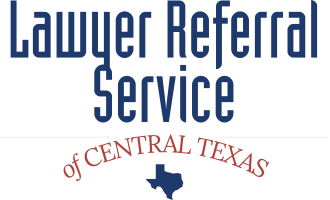Workers’ compensation is a state-mandated program that requires employers to abide by the law and provide just compensation to employees who get injured or contract an illness while performing their work-related duties. Employers are not required to offer workers’ compensation, if they do, the law is there to ensure that no matter whether the “at fault” party is the employer, co-worker, customer, or a third-party, the employee is aptly compensated for the loss. When injured, employees may need to consult a workers’ compensation lawyer to claim compensation.
To help ensure a favorable outcome, in this post we share answers to some commonly asked questions about workers’ compensation law.
1. Does the compensation only cover medical bills?
The compensation covers medical and hospital expenses for the diagnosis and treatment of the injury. In addition, the employee also receives disability payments until the time they don’t get back to work. The payment is approximately two-thirds of the regular salary. The compensation amount may also cover retraining, rehabilitation, and other benefits.
2. Does the compensation cover all on-job injuries?
The compensation covers most, but not all on-job injuries. Some of the scenarios wherein an employee might not receive benefits are:
- Injury because the employee was intoxicated or under the influence of any illegal drugs
- Self-inflicted injuries
- Injury because the employee was committing a serious crime
- Injury that occurred when the conduct of the employee violated the company’s policy
3. Is physical presence (at the workplace) necessary to receive workers’ compensation?
Any job-related injury is covered under workers’ compensation law. If you are traveling for a business meeting or are on a business trip, any injury incurred during that period may be covered.
4. Are long-term problems and injuries covered under workers’ compensation?
An employee might be eligible for workers’ compensation for an injury, illness or disease, which is the result of repetitive stress, overuse, and inappropriate work conditions. At times, an employee might receive compensation for lung disease and heart conditions that are the result of work conditions.
5. From when will I start receiving cash benefits?
An employee might not receive any cash benefit for the first 7 days of the injury. If the disability goes beyond fourteen days, the cash benefit will be calculated from the first day of absence. In a scenario where the employee returns to work, but is unable to earn the same wage they used to before the injury, there’s a provision to pay up to two-thirds of the difference in the wage.
Wrap Up
When an employee receives workers’ compensation, they usually don’t have the right to sue the employer in court for an injury or illness that occurred at the workplace. Many workers are unsure whether they can file a workers’ compensation claim or a civil claim against the employer, making it impossible to decide the route to take. In such scenarios, you can contact the experts at Lawyer Referral Service (LRS). After listening to the details of your case, our team will refer a workers’ compensation lawyer, if needed. To discuss your case, call (512) 472-8303 or (866) 303-8303 (toll-free).




